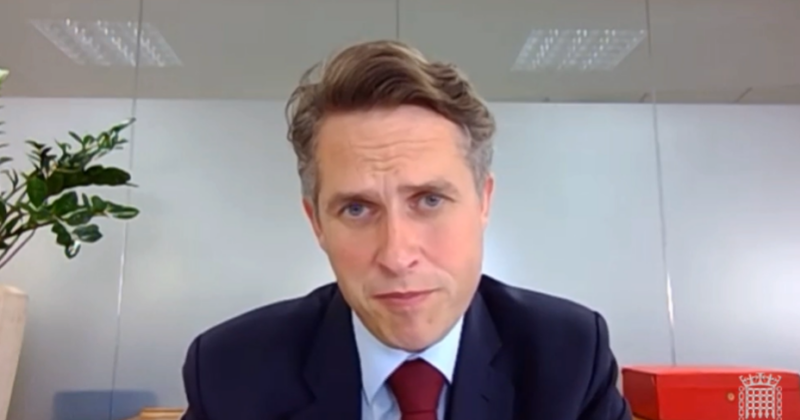Who remembers Gavin Williamson? So much has happened in the past 12 months that his tenure feels like a very distant memory.
It’s hard to believe that it was only last Christmas that the education secretary was threatening councils with legal action if they refused to open schools – only to order them closed 48 hours later to “protect public health and save lives”.
Tough talk in the tabloids may seem like a great idea in the heat of a crisis, but it doesn’t do much to educate Britain’s kids. As it turns out, it isn’t always a sure-fire way to secure your ministerial career either. I won’t be the only one hoping that if Omicron turns out to be as disruptive as the waves before it, Nadhim Zahawi will do what he can to support the sector rather than repeat the political games of his predecessor.
While schools were more at ease with remote learning second time around, I don’t know a single teacher who didn’t feel this spring’s return to school was more of a challenge. The exhaustion from over a year of stress, high workloads and that general uneasiness about the future had begun to take its toll.
Come the summer, exam results day may have been better than in 2020 (a low bar!), but the path to it was (for many teachers and heads) unnecessarily winding.
The exhaustion from over a year of stress had begun to take its toll
This has certainly been a year that has tested schools beyond measure. And while retention of teachers has been a longstanding problem, Covid has turned it into a genuine nightmare. The number of teachers looking to leave has doubled since the start of the pandemic; stories of headteachers at breaking point have become ever more frequent; and the surge of new teaching applications we saw in the summer of 2020 was all too short-lived.
We know a large part of this impending exodus is down to the increasing number of hats teachers are expected to wear. From delivering food parcels to setting up Covid testing centres and contact tracing-̶ schools have been critical in every community’s response.
But even before the pandemic hit, schools were becoming the first port of call for everything from supporting families in poverty, to dealing with gang-related violence and rising mental health issues among pupils. Without the requisite increase in funding and support, much of this burden is being placed on teachers, and like water building behind a dam, it’s eventually going to give.
The idea that any teacher is grappling with all this, while simultaneously getting to grips with the latest cognitive science research is quite frankly pie-in-the-sky.
So before any minister tries to make their mark in politics with structural changes or accountability measures, I’d urge them to take a step back, reflect and then articulate what schools are actually for. That requires fundamental rethinking about what role teachers and the wider school community can and should play.
In the eyes of many teachers and parents, Zahawi failed his first test when he allowed education to be sidelined in the autumn budget. The upcoming white paper on schools, due early next year, is arguably an opportunity for him to redeem himself. That said, if the rumoured ‘back to the 90s’ focus on literacy and numeracy is all he has to offer, then attitudes towards him are unlikely to shift significantly.
And 2021 has also brought us a new shadow education secretary. So what of Bridget Phillipson? In truth, education is unlikely to be a dividing line in any future election, so there’s little to be gained by competing with the Tories on grand policy announcements. If the party of education, education, education wants to show it understands the sector, it wouldn’t do her any harm to make a Labour commitment to support teachers in doing what they do best ̶ teach.
Kids can’t catch up if they can’t concentrate, and teachers can’t teach if they are being pulled in too many directions. Politicians of all stripes would be well served to remember this.
If they want to be remembered better than Gavin Williamson, at least.












Your thoughts